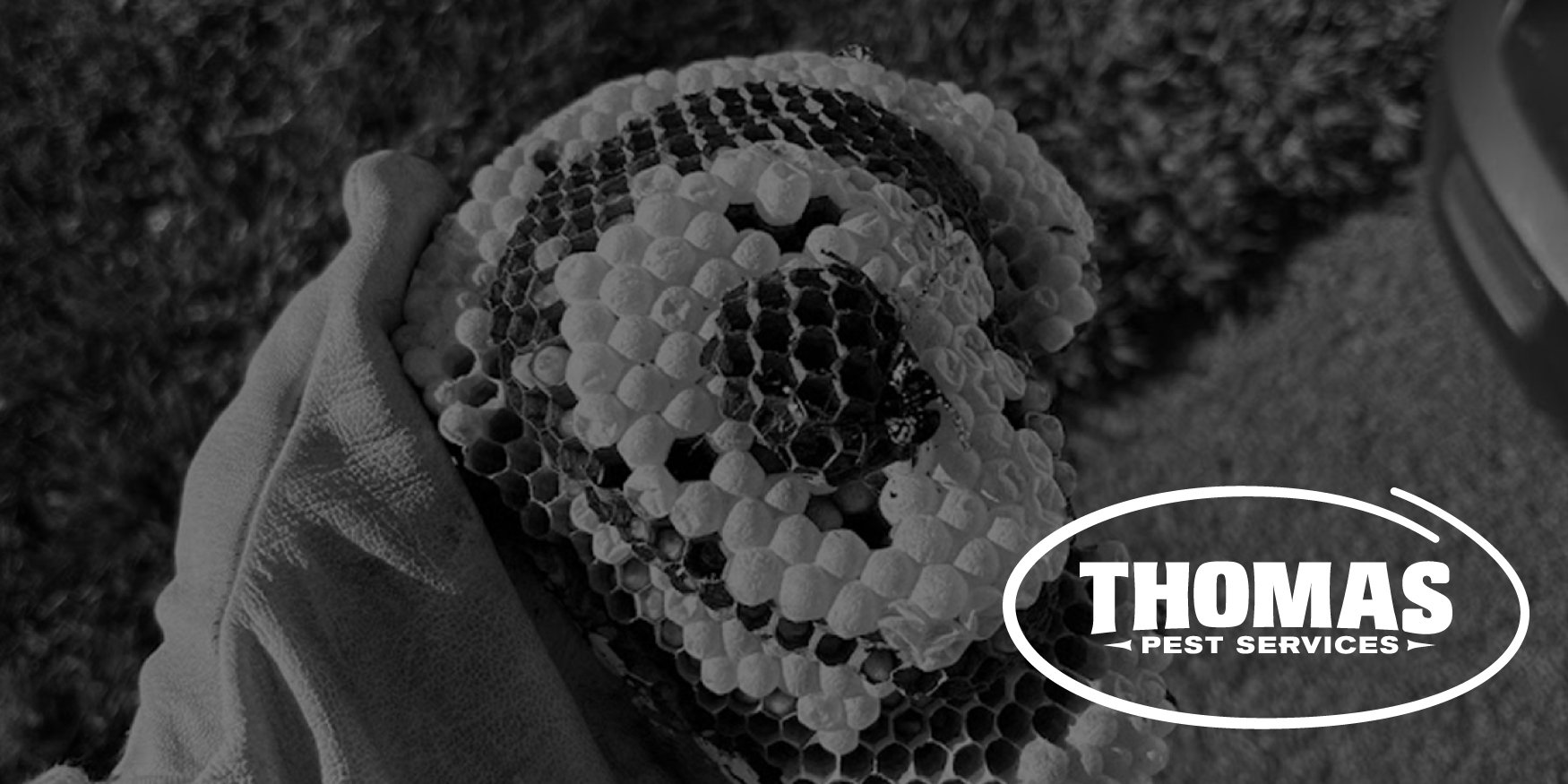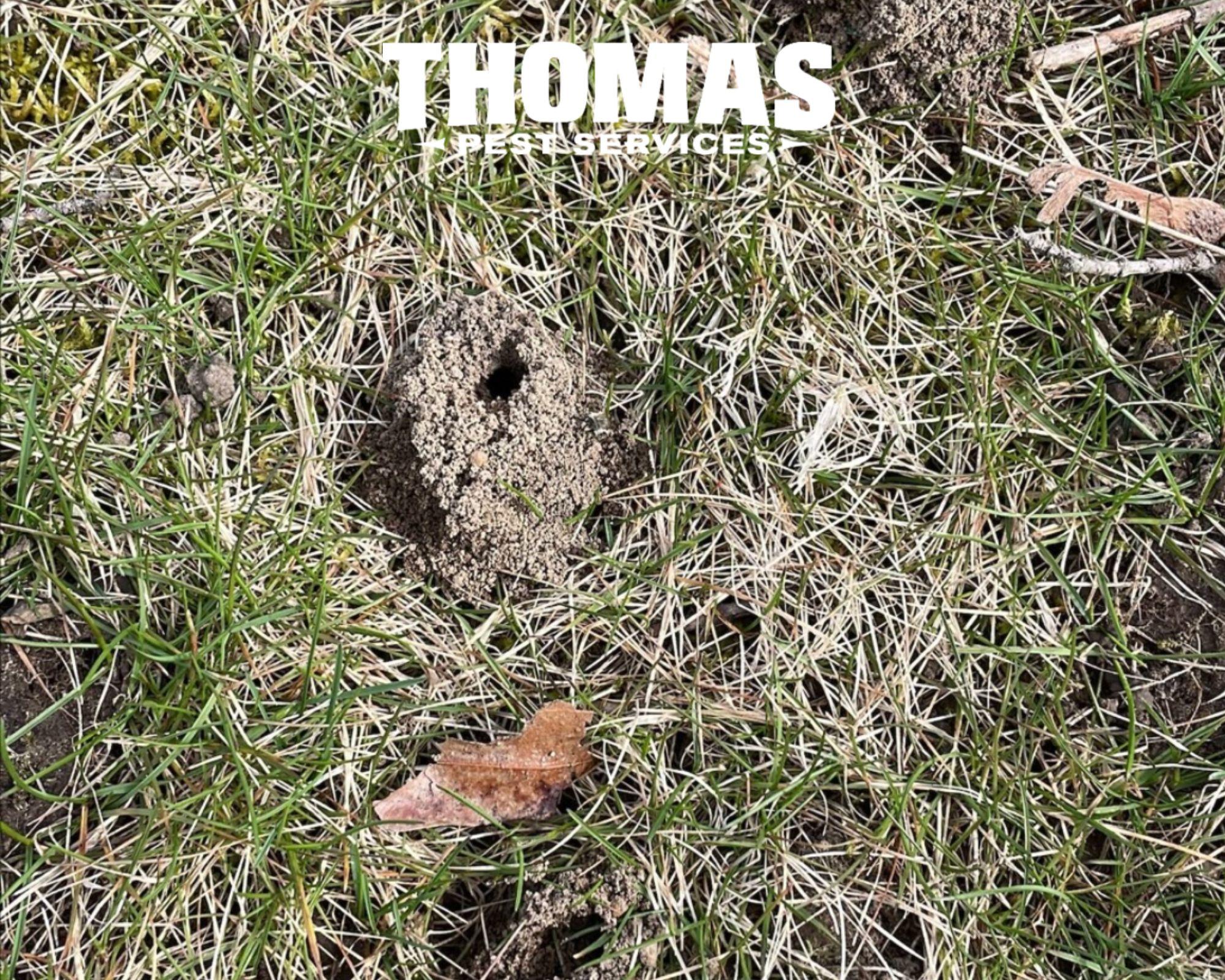Camping Is Fun, Camping Pests Are Not
For camping enthusiasts, the summer months provide endless opportunities to take advantage of the great outdoors. Children and adults alike unplug and unwind to enjoy backpacking, hiking and evenings under the stars. The National Pest Management Association (NPMA) reminds those who will spend more time partaking in open-air adventures to add insect repellent, hats and protective clothing to the packing list.
"Camping is a wonderful summer pastime," noted Missy Henriksen, vice president of public affairs for NPMA. "To help ensure only positive memories of such trips, it's important for people to protect themselves from summer pests they are likely to encounter, such as ticks and mosquitoes, as well as wildlife."
Tick-borne diseases, such as Lyme disease, babesiosis, ehrlichiosis and Rocky Mountain Spotted Fever, are among the most common vector illnesses in the United States. Another biting insect, the mosquito, can transmit West Nile virus, dengue fever and other potentially harmful viruses. Henriksen advises that protection against these summer pests begins with "taking cover."
She suggests campers and hikers "Cover exposed skin with insect repellent containing at least 20 percent DEET, cover their heads to protect against ticks falling from tree branches and cover their bodies with long-sleeved shirts and long pants when possible to stave off bites."
NPMA also recommends that hikers stay on existing trails and minimize time spent in areas off the beaten path to avoid tick habitats such as long grass and dense shrubbery. Those enjoying time outdoors should inspect for ticks once inside and promptly remove any that may have latched on with fine-tipped tweezers.
Lastly, NPMA warns outdoor adventurers to protect against exposure to wildlife. While they may seem cute and furry from afar, squirrels, raccoons and other forest animals can be vectors of numerous diseases. In the summer of 2012, a young girl became infected with the bubonic plaque likely as a result of her and her clothing touching a dead squirrel and the insects around it. Additionally, a number of campers at a national park were sickened, several fatally, by Hantavirus after exposure to rodent droppings.
"For safety's sake, it's best to appreciate wild animals from afar and avoid all contact with them and their droppings," noted Henriksen.
Taking the preventative steps, along with applying insect repellents and an ongoing pest control service, you can reduce your risk against mosquito and tick bites and pest infestations. With cases of West Nile increasing it is important to protect your family, health and property. Our mosquito tips above will help reduce mosquito breeding areas in and around your property. To learn more about Thomas Pest Services and our green mosquito service head over to our website and fill out our contact form to learn how Thomas Pest can assist with your mosquito problem.




